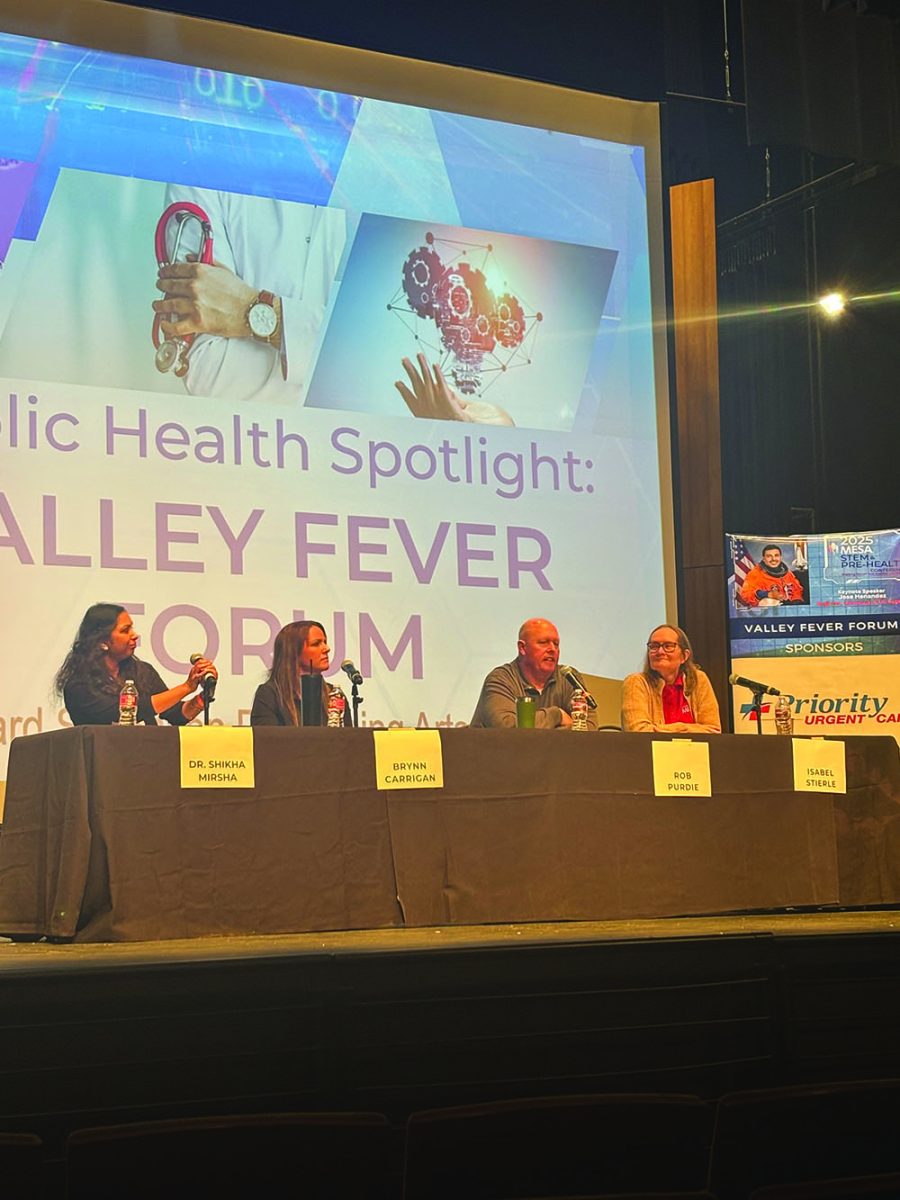Gadfly: A roundtable talk on bias in society
October 15, 2018
Reggie Williams is a white man.
But the BC professor and Gadfly Café host can’t expect every person to know that just by looking at his name.
“How many other white people do you know named Reggie Williams?” he asked the room.
It’s a question referring to how the name ‘Reggie’ is predominant among African American men, a fact that presents an unfortunate misunderstanding he experiences when calling real estate agents in Bakersfield.
“If I leave my name [in a voicemail], I don’t get calls back,” Williams said. “If I leave my number without my name, I get calls back; with the exact same question and the exact same friendly voice.”
Bias is in everyone, everywhere.
That was what Gadfly Café session-goers came to conclude in their second discussion “Bias: Explicit, Implicit, and Injurious” at the Levan Center on Oct. 10.
“We all have biases,” Williams said. Some of which “we have but we’re not aware that we have.”
There are explicit biases: for example, leaning towards one genre of music over others. In other words, interests.
And there are implicit biases, kept in, but so severe they are best labeled ‘injurious.’
“Before you even open your mouth, do people make assumptions about you?” Williams asked. The occupants of the room all responded “Yes.”
The discussion between at least 40 students and faculty members dove into personal encounters of people having others assume certain characteristics about them based on their looks, actions, age, gender, tone of voice, race, or socioeconomic status.
“What does a wealthy person look like?” Williams asked. “What does a poor person look like?”
One student, Matthew Solito, expressed his frustration with how people misconstrue the sexual orientations of some males.
“A guy dresses too feminine in societal norms, and it’s like ‘oh, you’re gay, aren’t you?’” Solito said. “It sucks because it doesn’t allow full expression of oneself.”
Again, Williams raises the question, “What does gay look like?”
Other examples that were brought up were how women are perceived compared to men in terms of intelligence, how minorities and people with disabilities have a tougher time being moved into more challenging courses even when performing at the same level as their white peers, and how people who dress sloppy would not be approached at a car lot before a person who is noticeably more sharp.
Zariyah Hall shared a characteristic of her own that gets mixed reactions.
“There’s a stereotype … that black people eat chicken and all that,” Hall said. “So when I told people I was a vegetarian I would get ‘Are you sure you’re a vegetarian?’”
The bottom line, in Williams words, is that “you cannot see something without interpreting it.”
Williams’ especially long goatee and ponytail and choice of casual clothing singles him out markedly to look like, according to some students, someone who smokes weed.
Williams joked about how candid he is with addressing this irony. “Hi I’m Reggie, I’m your professor. I don’t smoke pot.”Re





